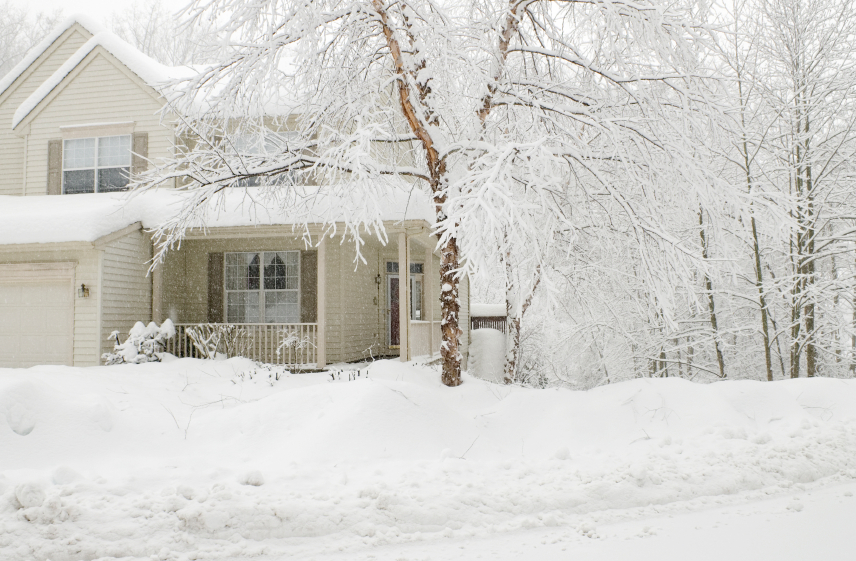
You likely have a winter emergency kit for your vehicle to help you deal with potential roadside issues, but do you have one for your home? Your kit should go beyond a first aid kit and should include everything you would need to get through a few days or more without power. Following are some survival-kit must-haves.
Food and Water
Stock up on an ample supply of water and non-perishable foods. You can chip away at it a little bit each time you hit the grocery store. Both FEMA and the Red Cross say you should store at least two weeks’ worth of food and water. For water, make sure you have at least one gallon per person per day; for food, stock up on dry and canned items such as soup, beans, nuts and dried fruit. Try to stay away from salty foods which can easily dehydrate you. Keep an adequate supply of these items in a cool, dry place such as a basement. Check your stock pile every few months, checking expiration dates and replenishing items as needed.
First Aid and Necessities
Maintaining a good supply of first aid items is always a must. During a power outage it may become even more important due to an increased potential for accidents in the dark. Use the following checklist to help create your own well-stocked kit:
- Sanitizing agents
- Bandages
- Prescription medications (epinephrine injectors and inhalers)
- Scarfade (in case you do get hurt, you don’t want lasting scars from any scratches, burns or cuts)
- Flashlights
- Batteries
- Manual can openers
- Matches
- Diapers, wipes and formula if you have a baby
- Fully charged smart phones
- Sleeping bags
- Feminine products
- Fire extinguisher
- Mess kits
- Glasses/contact lenses
Generator
It’s best to get a backup generator well before winter storms hit to avoid long lines or worse, empty shelves at hardware stores. Having an alternate source of power is important, especially when it’s freezing outside and you face spending a few days or more without power. You can store a small backup generator in your basement, shed or garage so it’s ready when you need it. Keep ample fuel on hand as well to avoid a run on the gas stations.
Winter Necessities
Of course, you’ll have to go outside at some point to assess damage or clear a pathway to your home or garage. Keep a cache of sturdy shovels, de-icer, windshield scrapers, salt, hats, gloves, mittens and boots. If you have a snow blower, make sure it is tuned up before the season hits and make sure you have enough fuel on hand. Like a generator, a snow blower won’t do you much good if you can’t use it.
Be safe this winter and stay prepared with a well-stocked Emergency Kit.
